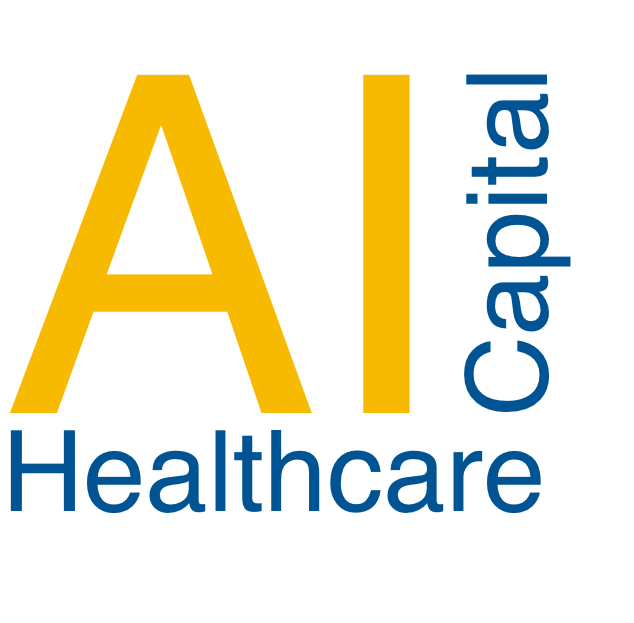by Mark Garver, August 31, 2023
“Everything you can imagine is real.”―Pablo Picasso
Below we will show some benefits that AI could bring to healthcare, both of them were created and could be examples of what is possible. We know that to get there is to use the right data, talents and solutions that address complexity, but let’s imagine…
Once upon a time, in the bustling city of Meadville, two patients embarked on a transformative healthcare journey that was made personal and meaningful through the power of Conversational AI. Meet Sarah and Michael, two individuals whose lives were forever changed by the integration of this innovative technology in their healthcare experiences.
Sarah, a vibrant young woman in her late twenties, had been experiencing persistent migraines for months. Frustrated by the lack of progress with her previous treatments, she decided to seek a second opinion. Her new neurologist, Dr. Thompson, was an advocate for cutting-edge technologies and believed that Conversational AI could enhance patient care. He introduced Sarah to a virtual assistant named Iris.
When Sarah scheduled an appointment with Dr. Thompson, Iris reached out to her proactively, providing a friendly and informative conversation. Iris asked Sarah questions about her medical history, previous treatments, and the frequency and intensity of her migraines. By analyzing Sarah’s responses, Iris generated a comprehensive summary for Dr. Thompson, saving him valuable time during their appointment.
During the appointment, Sarah and Dr. Thompson discussed potential triggers, lifestyle modifications, and new treatment options. Thanks to Iris, Dr. Thompson had access to Sarah’s detailed information and was able to personalize his recommendations to suit her needs. Throughout the process, Iris acted as a supportive companion, answering Sarah’s questions, providing educational materials, and scheduling follow-up appointments.
As Sarah continued her treatment plan, Iris remained by her side. Whenever she had concerns or questions about her medication, potential side effects, or lifestyle adjustments, Iris was there to provide immediate and accurate responses. Sarah’s experience became more empowering, as she felt more involved and informed about her own healthcare decisions. With Iris as her guide, Sarah’s migraines become more manageable, allowing her to regain control of her life.
Meanwhile, on the other side of town, Michael, a retired army veteran in his late sixties, was living with multiple chronic conditions. His health had been deteriorating, and he often struggled to keep track of his numerous medications and appointments. This is where Conversational AI stepped in to alleviate his burden.
Michael’s primary care physician, Dr. Rodriguez, introduced him to a virtual health assistant called Alex. Alex had access to Michael’s medical records and used advanced algorithms to analyze his data, identifying potential drug interactions, and ensuring he received personalized care.
Alex proactively reached out to Michael, reminding him to take his medications at the right times and offering gentle nudges to help him adhere to his treatment plan. Through their conversations, Alex also gathered valuable information about Michael’s symptoms and shared it with Dr. Rodriguez, allowing for timely adjustments to his care.
Additionally, Alex connected Michael with support groups and educational resources related to his conditions. By regularly engaging with Michael, Alex became a trusted friend and confidant, addressing his concerns and offering emotional support during challenging times.
With Alex’s assistance, Michael’s health began to improve gradually. He no longer felt overwhelmed by the complexity of his medical regimen, as Alex simplified the information and provided easy-to-understand explanations. The sense of empowerment and personalized care transformed Michael’s outlook on his health, allowing him to focus on enjoying his retirement years to the fullest.
Sarah and Michael’s stories serve as testaments to the incredible impact of Conversational AI in healthcare. By integrating this technology, healthcare providers were able to offer personalized, proactive, and patient-centric care, empowering individuals to take an active role in their own well-being. Sarah and Michael’s journeys were transformed, proving that when technology and compassion unite, remarkable transformations can occur in the realm of healthcare.
As I write this, I can make a couple of key points: first, I have used conversational AI applications, way before generative AI, such as ChatBOT and second I have seen its firsthand use in healthcare with a couple of companies we work with. When you combine conversational AI with analytical AI, you truly help patients feel more connected and in control of their healthcare journey… this is one step closer to making healthcare like a trusted family friend, again!





